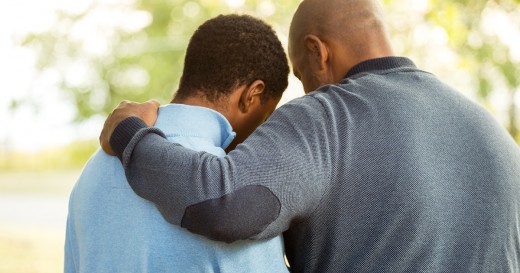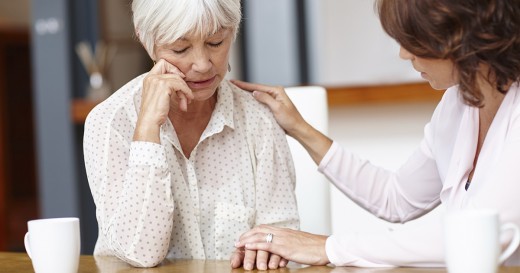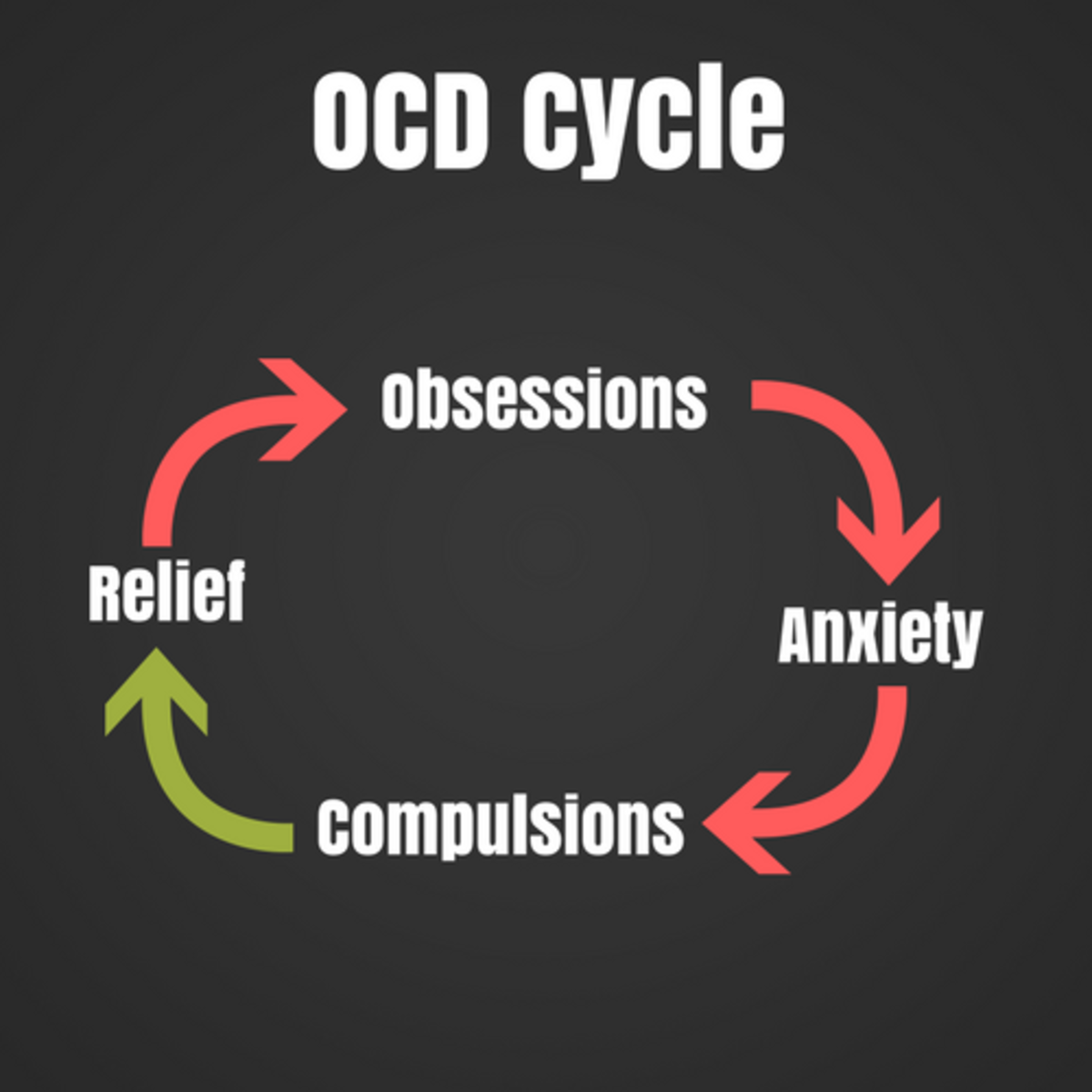5 Tips for Friends and Family of Those With Anxiety

The “How-To” Guide for Dealing with a Family Member with Anxiety
As someone who is not just an RN, but someone with anxiety, I know a thing or two about dealing with anxiety.
Normally, I enjoy writing about anxiety from a personal perspective – after all, we are the ones who have to live with the disorder, day-in and day-out, right? But today, I feel it is necessary to write a bit of a “how-to” for our loved ones – the people who live with us, love us, and care for us during those moments of panic, stress, and “oh my God, what the heck is going?”
So if your significant other is supportive but could use just a little bit of help, please show them this article.
Know That It Isn’t Our Fault
First and foremost, know that having a diagnosis of anxiety is not your loved one's fault. According to the Anxiety and Depression Association of America, anxiety disorders are the most common mental illness in the United States and affect about 40 million Americans ages 18 and older – upwards of 18% of the population.
Furthermore, anxiety has so many possible causes that the actual cause can be difficult to pinpoint. For example, it could be related to environmental factors, such as job stress or personal stress, genetics, brain chemistry, medical factors, such as the side effects of a medication or another medical condition, or the withdrawal of an illicit substance.
Do any of these sound a little familiar? It could even happen to you someday!
According to the Anxiety and Depression Association of America, anxiety disorders are the most common mental illness in the United States and affect about 40 million Americans ages 18 and older – upwards of 18% of the population.
Ask What Your Loved One Needs
This is a golden question. I love when my husband asks me this. It took us a while to get here though. For a long time, my husband would get annoyed and say things like, “I don’t know how to help you” and “I don’t know what’s wrong.”
One day he said, “Tell me what I can do to help you.”
And that little question made all the difference.
When I am feeling anxious, or in the midst of a panic attack, sometimes I want his company. I want him to sit with me while I talk through my irrational thoughts. But sometimes I want him to leave me alone while process my thoughts on my own. And him asking me what I need allows me to tell him that I want his company, or I simply need to be myself. Or whatever else I may need.
Do you think many people don't understand what anxiety is?

Be Understanding
You should know that most of the time, there is very little that you can do to help, aside from listening to irrational fears and rambling thoughts.
And that’s ok.
Sometimes, when we’re feeling anxious, that is all that we need. We need you to be understanding – and that’s all we need. We may need you to calmly (and rationally) explain things to us, but we do not need you to get angry with us for our feelings and behaviors. Doing that will only make the anxiety worse.
And sometimes, being understanding won’t even help. Sometimes, we’ll want to be left completely alone to process things. In those instances, we’ll need your understanding even more – I hope that makes sense.
Help Us Enjoy the Good Times
When we’re not feeling anxious, help us enjoy those times that much more.
There are times in my life when my anxiety is worse, and it may seem like I am anxious most of the time. But I also have times where my anxiety is minimal.
We capitalize on those times and we really make the most of our lives. We travel. We go on dates. We go out to dinner as a family. We have our family over for coffee and donuts. We do a lot of “things” that we do not do when my anxiety is high, because during those times, I spend a lot of time at home, being cranky, not doing much of anything.
Do you find your loved ones try their best to help you with your anxiety?
Promote Self-Care
My husband is exceptionally good at this.
Last week, my migraines were bad. When my migraines are bad, this often means that my anxiety is also bad. My husband pointed out that I hadn’t been doing a lot of the things that I usually do on a daily basis (or at least weekly basis) – journaling, yoga, taking baths, and meditating. In fact, the only thing I had been doing was yoga weekly, but that was hardly relaxing because it was the class that I have been teaching – not a practice for myself.
Ask your significant other to help you figure out what types of “self-care” activities help you relax, which will, in turn, reduce your anxiety and anxiety symptoms. Then, actually do these activities – and if you begin to slack off (like me!) ask your significant other to call you out – gently, of course.
Why You Need to Talk About Anxiety
© 2018 NewLifeOutlook








